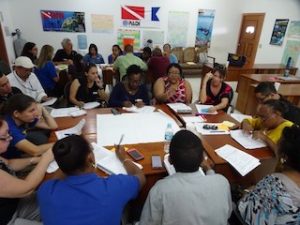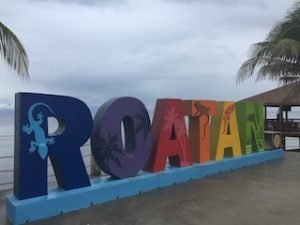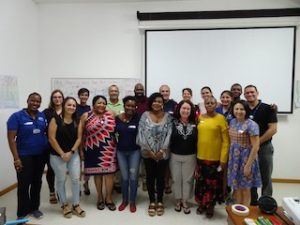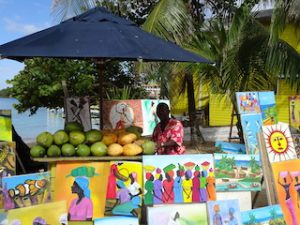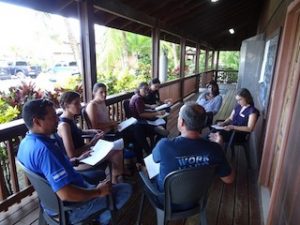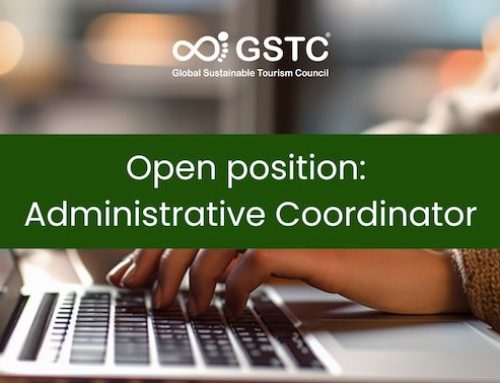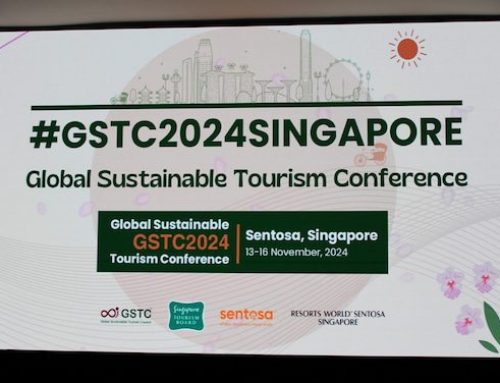Tourism in Roatan, Honduras Today
Roatan is an island in the Caribbean located 65 kilometers from the coast of Honduras. Tourism is key to Roatan’s economy. However, it’s unfortunately confronted with its own set of issues. The island’s growing popularity has resulted in increased wastewater, pollution, and other environmental threats. These are all accelerated by the growth of visitors.
Research also indicates that small islands, in general, are more susceptible to negative impacts from inadequate destination management. Uncontrolled tourism development can threaten Roatan’s natural and cultural assets. The local community through overcrowding and homogenization can also be threatened. Luckily, Roatan’s offshore reef remains one of the healthiest of the Mesoamerican Reef system.
Details on Roatan’s Destination Assessment
Respectively, the World Wildlife Fund (WWF), the Global Sustainable Tourism Council (GSTC), and the Germany Society for International Cooperation (GIZ) supported a destination sustainability assessment of Roatan. It was funded by the German Federal Ministry for Economic Cooperation and Development (BMZ) and the Royal Caribbean Cruises Ltd (RCL). The destination assessment itself was conducted by George Washington University International Institute of Tourism Studies (GW IITS).
The destination assessment took place from November 2018 through April 2019. It builds on previous research, studies, and initiatives. The assessment provided the local tourism officials and community leaders a snapshot of Roatan’s current level of performance on the GSTC-Destination Criteria and the Indicators for sustainable development.
The destination was evaluated on four main pillars of sustainability: destination policy and planning, community involvement and benefits, management of cultural and natural assets, and environmental issues.
Furthermore, the 2019 destination assessment brought together 60 key stakeholders. Stakeholders included local government officials, individuals from the private sector, and the NGO community.
Key Factors and Results from the Assessments
Roatan has been actively working to address these critical questions for the past eight years. After the first assessment in 2013, Roatan was inspired to have more collaboration between all sectors. Although this helped Roatan achieve a more sustainable tourism industry, there is still work to be done.
The Bay Islands Destination Management Organization (BIDMO) will serve as the steward of the 2019 Roatan’s action plan towards sustainability. The BIDMO will facilitate dialogues among stakeholders to support Roatan in its sustainable tourism industry journey.
Commitments from Roatan, Honduras
Finally, Roatan has made commendable progress on certain destination sustainability issues since then. In 2013, the assessment revealed poor to no performance on 61% of the criteria evaluated. In contrast, the 2019 assessment showed poor to no performance on only 29% of the criteria. Accepting this second assessment builds upon Roatan’s commitment to destination stewardship.
